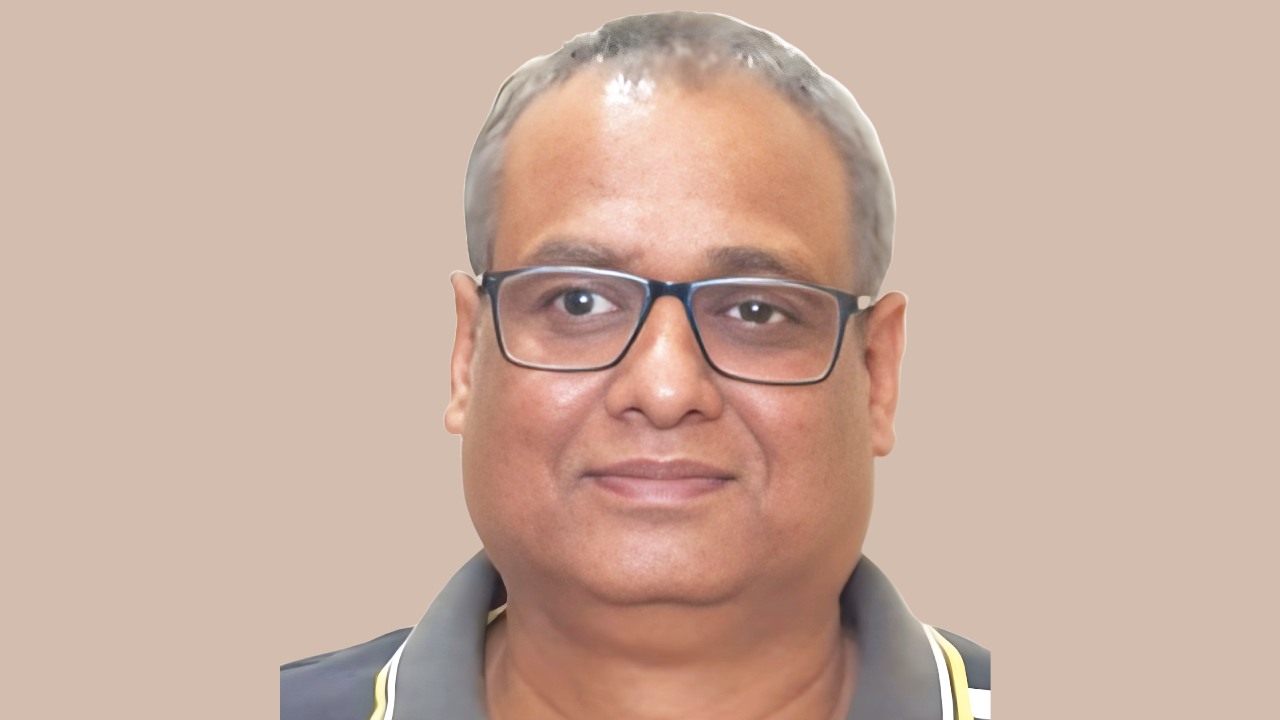The demand to reinstate the Old Pension Scheme (OPS) stems from its proven ability to offer reliable post-retirement financial security, something the New Pension Scheme (NPS) and Unified Pension Scheme (UPS) fail to guarantee. Unlike OPS, these newer frameworks are tethered to volatile markets. They compel employees to make monthly contributions, absorb pay cuts, and shoulder the burden of financial risk, shifting the state’s responsibility squarely onto the individual.
Critics argue this transition is deeply flawed. Expecting employees to make rational, long-term financial decisions without any foresight into future economic conditions is not only unrealistic but unjust. More importantly, this shift reflects a troubling global trend: the financialization of public welfare. Essential services such as pensions, healthcare, and education are being increasingly privatized and subjected to market fluctuations. As a result, financial risk disproportionately falls on workers, while policy structures continue to favour the affluent.
This erosion of labour protections, coupled with the chronic underfunding of social security, signals a broader crisis—one marked by rising income inequality and weakening democratic accountability. Critics insist that the government must reclaim its constitutional duty to safeguard employee welfare. A guaranteed and stable system like the OPS, they argue, is not just desirable, it is imperative.
In an exclusive conversation with The Interview World at the Seminar on Right Pension for Government Employees, organized by the Indian Public Service Employees’ Federation (IPSEF), Prof. Surajit Mazumdar, Professor at the Centre for Economic Studies & Planning, School of Social Sciences, Jawaharlal Nehru University (JNU), delivers sharp insights into this critical debate. He emphasizes the state’s fundamental responsibility in ensuring equitable pension systems, outlines strategic steps to enhance social security coverage, and unpacks the political and economic reasons behind the government’s declining support for labour rights.
Here are the key takeaways from his compelling and thought-provoking conversation.
Q: Shouldn’t the Union Government take responsibility for informing employees about the most appropriate pension schemes available to them?
A: Government employees—and workers across the country—have consistently demanded the restoration of the Old Pension Scheme (OPS) for a compelling reason: a pension must guarantee post-retirement security. Employees should be able to serve without worrying about their livelihood after retirement. The OPS offered that assurance. In contrast, the New Pension Scheme (NPS) and Unified Pension Scheme (UPS) expose retirees to the volatility of market-linked investments, creating uncertainty and risk. These schemes fail to deliver the core promise of a pension: stability and peace of mind.
Moreover, both NPS and UPS effectively function as pay cuts. Under the OPS, the government bore the responsibility of ensuring a fixed pension based on years of service and last drawn salary—without requiring any contribution from employees. In the new schemes, however, employees must contribute 10% of their salary each month just to qualify for a comparable, and often lower, benefit—contingent upon favourable market conditions. This mandatory deduction, combined with an uncertain return, reduces take-home pay during service and undermines financial security after retirement.
Thus, the shift from OPS to market-based schemes not only transfers financial risk to employees but also erodes their earnings. It imposes greater burdens while offering fewer guarantees. For these reasons, the call to restore the OPS remains not only valid—it grows louder and more urgent. Until the government reinstates a secure and fair pension framework, employees will continue to press for what they rightfully deserve.
Q: In your opinion, which pension scheme is better equipped to ensure comprehensive social security for employees across the country?
A: The old pension system fulfilled the fundamental purpose of a pension—it guaranteed financial security after retirement. In contrast, the current NPS-OPS debate presents employees with a false choice. They are being asked to decide between two schemes without access to the critical data required to make an informed comparison.
Key variables—such as future market performance, inflation rates, salary trajectories, and final pension payouts—remain entirely unknown. How, then, can employees make a rational choice in the absence of these essential indicators?
Expecting them to predict financial market trends, project salary growth, or forecast inflation over decades is not only unrealistic but deeply unfair. Employees are not financial analysts. Nor should they be burdened with monitoring stock market fluctuations or economic indices.
Their primary responsibility is to perform their duties with dedication. In return, they deserve the assurance that retirement will not strip them of dignity or stability. Only the old pension scheme provides that certainty. It alone ensures a predictable, secure post-retirement life—free from the anxieties of market volatility or financial guesswork.
Q: What steps are necessary to maximize social security coverage for employees and safeguard their future? Can you cite any effective examples or best practices?
A: Pensions are under siege across many countries, driven by the growing influence of financialization—a process where profit through financial instruments takes precedence over long-term social security. This shift has reshaped how governments design and manage pension systems.
Instead of viewing pensions as a rightful benefit earned through years of public service, financialization promotes the notion that individuals must build their own retirement security by actively engaging with the market. It treats pensions not as entitlements but as speculative outcomes—products of investment performance rather than guaranteed support.
This market-driven ideology extends beyond pensions. It now pervades essential aspects of life. Healthcare is no longer a universal right but a personal responsibility to be managed through insurance. Education, once a public good, increasingly demands private loans. In each case, individuals are pushed deeper into a system that requires navigating complex financial instruments to meet basic needs.
This shift carries profound risks. Pensions, above all, should offer stability—a promise that after decades of service, one can retire with dignity and financial peace of mind. Subjecting this promise to the volatility of markets undermines that very assurance. Retirement should not depend on stock indices or market cycles. It should be a time of certainty, not insecurity.
The danger is clear: by turning pensions into market-dependent assets, we gamble away the security of those who have earned it through a lifetime of work.
Q: Given that we live in a democracy, why does it seem that the government is increasingly less supportive of labour rights? What are the underlying reasons behind this apparent shift in priorities?
A: Over the past few decades, income inequality has surged across the globe. The pattern is clear: those who hold wealth have steadily increased their share of national income, while those who rely on wages have seen their share shrink. In essence, workers—the vast majority—have been handed a raw deal.
This growing disparity isn’t accidental. It’s a self-reinforcing cycle. When economic power concentrates in the hands of a wealthy few, policymaking begins to reflect their interests. Governments, eager to attract investment and spur economic activity, often design policies that align with the preferences of capital holders.
Naturally, this leads to a framework that favours employers over employees. Employers, driven by profit, push for legal structures that allow them to extract more from their workforce for less pay. It’s the inherent logic of profit maximization.
At the same time, these powerful interests resist state-led efforts to expand social security. Why? Because meaningful government investment in public welfare—healthcare, education, pensions—requires redistributive taxation. And that means taxing high incomes and accumulated wealth.
But the problem isn’t a lack of national resources. Take India as a case in point. The country’s tax-to-GDP ratio stands at just 18%, while the top 10% command 57% of total income. Clearly, the state could raise more revenue by taxing the ultra-rich to fund services for the majority. Yet, the political will to do so remains absent.
As a result, democracy itself begins to hollow out. People may vote for governments, but they don’t control what those governments actually do. Policy decisions increasingly reflect elite interests rather than the public will.
This is the deeper crisis: rising inequality is not only economic—it’s political. It erodes both fairness and democracy.









